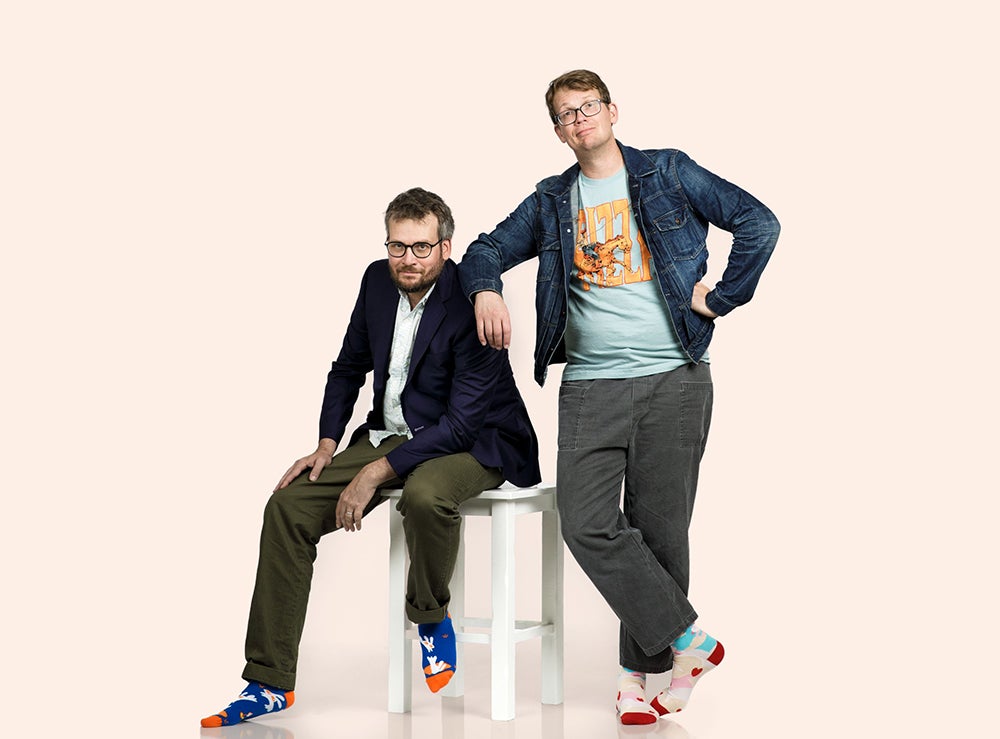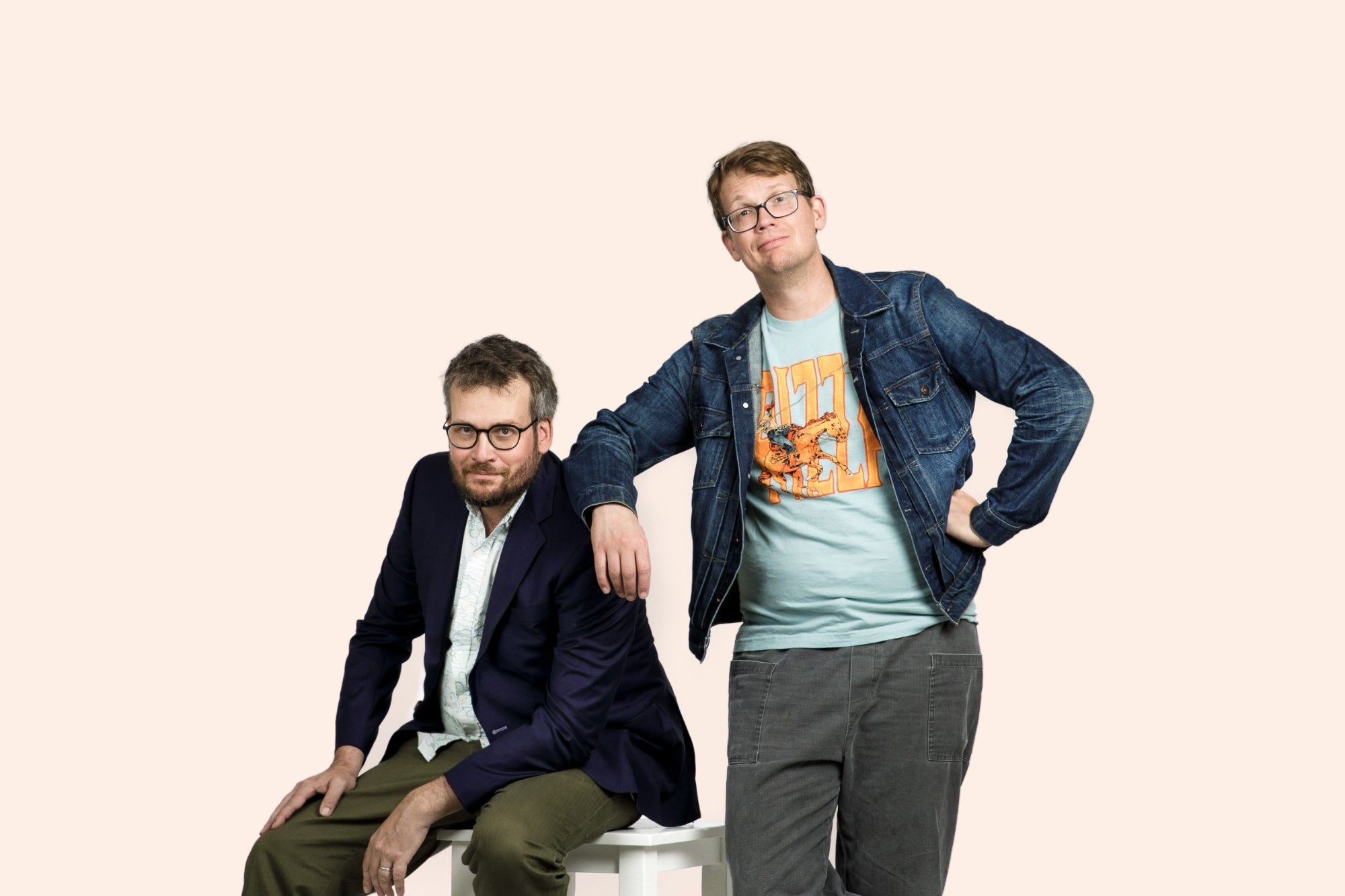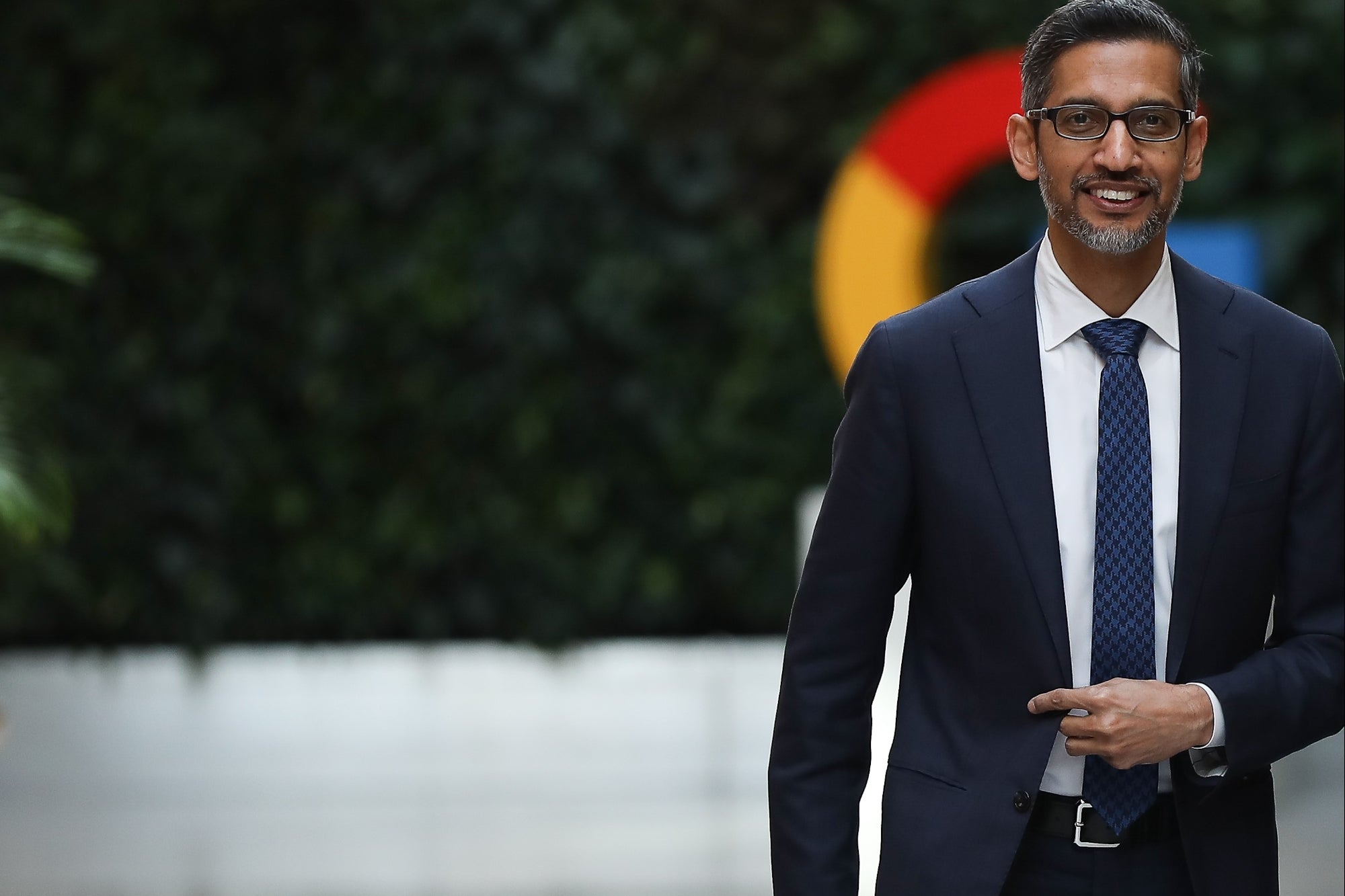Opinions expressed by Entrepreneur contributors are their own.
Even the staunchest capitalists acknowledge the tension between profit and social good. In a consumer-driven society, money often overshadows morals.
Many founders claim their companies exist to make a difference, but in a system that prioritizes profits, good intentions are easily squeezed out. The Green brothers stand out as rare exceptions.
Award-winning authors and YouTube trailblazers Hank and John Green have a storied history of supporting global health causes. At first, they did so by raising awareness with their platform. Now, the always innovative brothers are trying a more active form of philanthropy.
Their latest venture, Good Store, is taking social justice to a new level, selling sustainable, quality products and donating 100% — yes, 100% — of profits to charity.
Related: This Keepsake Reminds Me of My First Dream — And Why I’m Grateful It Never Came True

Image Credit: Good Store
The Fault in Our Systems
While the Green brothers are best known for their bestselling novels and educational YouTube videos that have guided countless high school students, philanthropy is quite literally in their DNA. They grew up in a family deeply rooted in nonprofit work: their father worked at The Nature Conservancy, while their mother was a community activist.
“Our parents are never proud of us when we accomplish anything other than giving money away,” John jokes.
Early in his career, John worked at a tertiary care children’s hospital as a student chaplain — an experience that proved to be immeasurably formative.
“Every kid who came into that place received excellent care,” he recalls. “It wasn’t perfect, and the outcomes weren’t always what people wanted, but everyone had a chance.”
In 2011, brothers John and Hank Green launched the educational YouTube channel Crash Course. During that period, they became increasingly interested in global health equity, often brainstorming ways to support what John describes as “long-term interventions.”
“I think I was probably a little more passive in my early activism,” John recalls. “But around the time of the success of The Fault in Our Stars, I realized I now had time — not just money, but also other resources — that I could use.”
One of those resources was the small online merch store the brothers had started in 2008. They decided to direct its revenue toward improving healthcare in Sierra Leone, one of the world’s most impoverished nations.
“It’s easy to feel paralyzed when trying to address the world’s problems — they’re endless, and horrors abound in every direction,” John says. “For us, the goal was to make a long-term investment in one community, so we could see the kind of positive change that unfolds over time.”
Their first step was to consult trusted peers, asking who was doing the most effective work in these communities. Again and again, one name came up: Partners In Health, an organization they had already supported through their annual charity event, Project for Awesome.
The brothers called them up, asking if they were interested in a more formal partnership, and the rest is history.
“When we started providing support to the maternal healthcare system in Sierra Leone, about one in 17 women were dying during pregnancy or childbirth,” John says. “Today, it’s closer to one in 53. Our contribution is only a tiny part of that progress — most of the credit goes to the Sierra Leonean government and the Sierra Leonean people — but being able to play even a small role is a reminder that life doesn’t merely suck.”
Related: Do You Give Discounts To Your Nonprofit Clients? I Don’t
From Paper Towns to real impact
In addition to material health in Sierra Leone, Good Store also supports causes like TB treatment in Lesotho, and coral reef restoration — all powered by the sales of everyday products like socks, underwear and soap.
“We’re trying to create more ethical ways to consume the things you have to consume,” John says. “People need these essentials, so we want to offer them at a fair price, but with a different business model.”
Shockingly, this model doesn’t exactly have investors tripping over themselves to join on. After all, the economic ROI of a company that donates all of its profits after breaking even isn’t exactly enticing to traditional capitalists.
That means the brothers rely on their own money and investments from a few close friends to fund the business.
“The deal is that we break even, and the rest of the money goes to charity,” John explains. “In the narrow sense, is that a good investment? No. But like, I’ve had investments that didn’t break even.”
While he admits to hearing out “socially conscious” venture capitalists over the years, John believes the company doesn’t require outside money to be successful.
“We’ve been growing steadily for the last 15 years, and I’m comfortable with that pace,” he says. “Having capital to accelerate growth would be exciting, but it would also come with strings I’m not comfortable with.”
Conclusion
Success for Good Store means more than just a positive profit margin. It means funding treatment for the 1.5 million people who die of tuberculosis each year, and helping lower maternal mortality rates in Sierra Leone.
The world may not be a wish-granting factory, but for countless people around the globe, Good Store comes remarkably close.








